Link to study paper: https://link.springer.com/…/10.1007%2Fs11357-019–00113-y.pdf
Category: biotech/medical – Page 2,565
Scientists Build “First Living Robots” From Frog Stem Cells
A team of researchers have built what they claim to be the first living robots. The “xenobots,” they say, can move, pick up objects, and even heal themselves after being cut.
The team is hoping the biological machines could one day be used to clean up microplastics in the ocean or even deliver drugs inside the human body, The Guardian reports.
To build the robots, the team used living cells from frog embryos and assembled them into primitive beings.
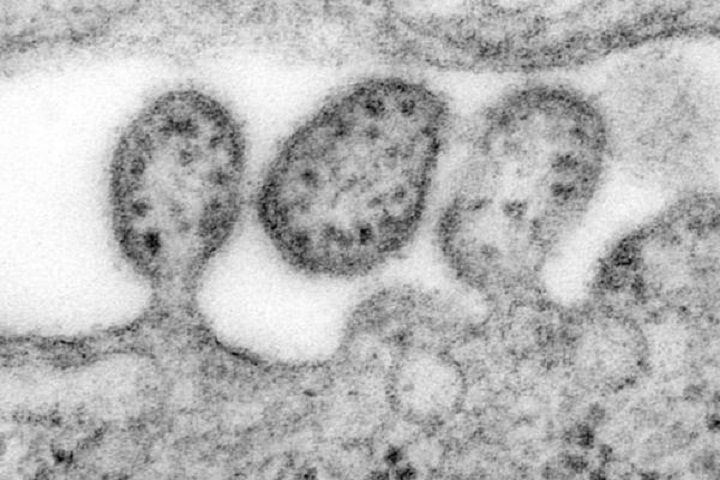
KQ passenger from Guangzhou quarantined over fears of coronavirus
A Kenya Airways passenger who arrived from Guangzhou with flu-like symptoms has been quarantined at the Kenyatta National Hospital (KNH) over fears of the coronavirus.
A statement from Kenya Airways confirmed that the Kenyan passenger had travelled to Nairobi from Guangzhou on Tuesday.
“Decision to quarantine the passenger was reached by the Kenya Government port health authorities stationed at JKIA,” the statement reads.

Clock and TMRCA based on 27 genomes
Estimates of the clock and TMRCA for 2019-nCoV based on 27 genomes.
Kristian Andersen, Scripps Research
Following up on the analyses provided by Andrew Rambaut this is a brief report estimating the evolutionary rate and timing of the epidemic (date of the most recent ancestor (MRCA)) based on 27 publicly shared n2019-nCoV genome sequences. Compared to earlier analyses where several parameters had to be fixed, there is now enough information content in the sequences to obtain reasonable estimates of the clock and TMRCA without fixing parameters. This work is for information purposes only and is not intended for publication. All the data used here is provided by the laboratories listed below through NCBI Genbank or GISAID.
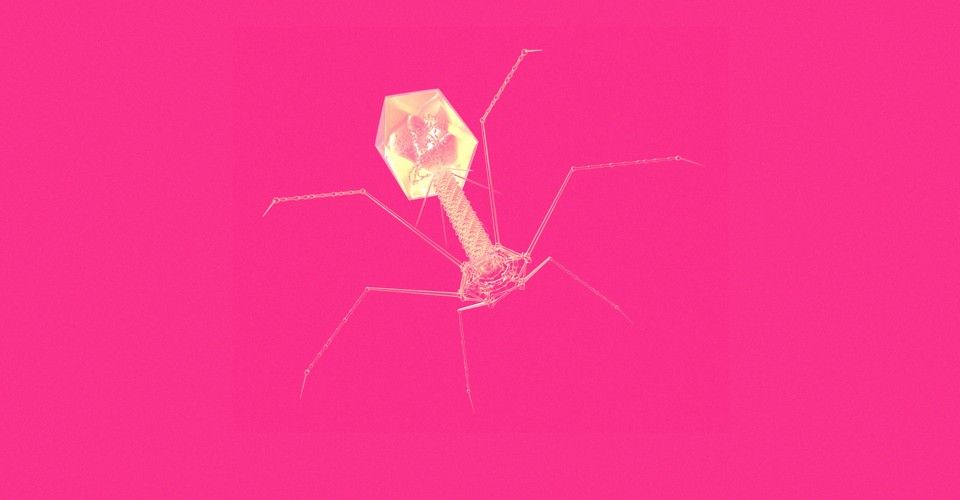
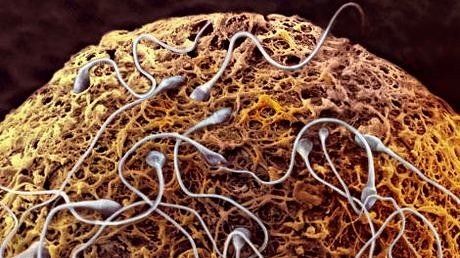
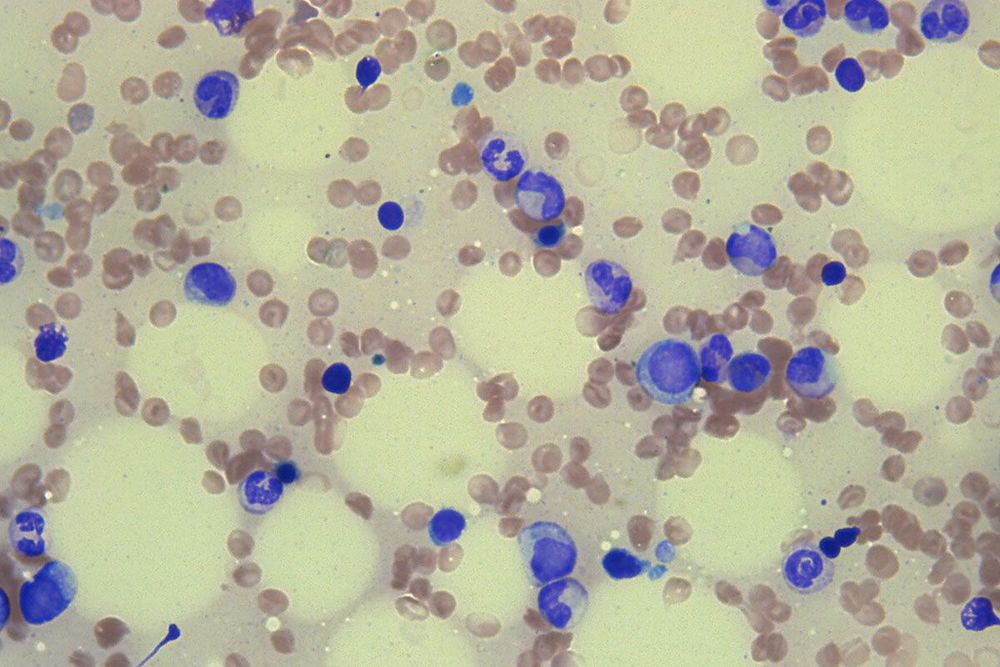
Mutations in donors’ stem cells may cause problems for cancer patients
A new study from Washington University School of Medicine in St. Louis suggests that bone marrow — or blood stem cells — from healthy donors can harbor extremely rare mutations that can cause health problems for the cancer patients who receive them.
A stem cell transplant — also called a bone marrow transplant — is a common treatment for blood cancers, such as acute myeloid leukemia (AML). Such treatment can cure blood cancers but also can lead to life-threatening complications, including heart problems and graft-versus-host disease, in which new immune cells from the donor attack a patient’s healthy tissues.
A new study from Washington University School of Medicine in St. Louis suggests that extremely rare, harmful genetic mutations present in healthy donors’ stem cells — though not causing health problems in the donors — may be passed on to cancer patients receiving stem cell transplants. The intense chemo- and radiation therapy prior to transplant and the immunosuppression given after allow cells with these rare mutations the opportunity to quickly replicate, potentially creating health problems for the patients who receive them, suggests the research, published Jan. 15 in the journal Science Translational Medicine.
Among the concerns are heart damage, graft-versus-host disease and possible new leukemias.
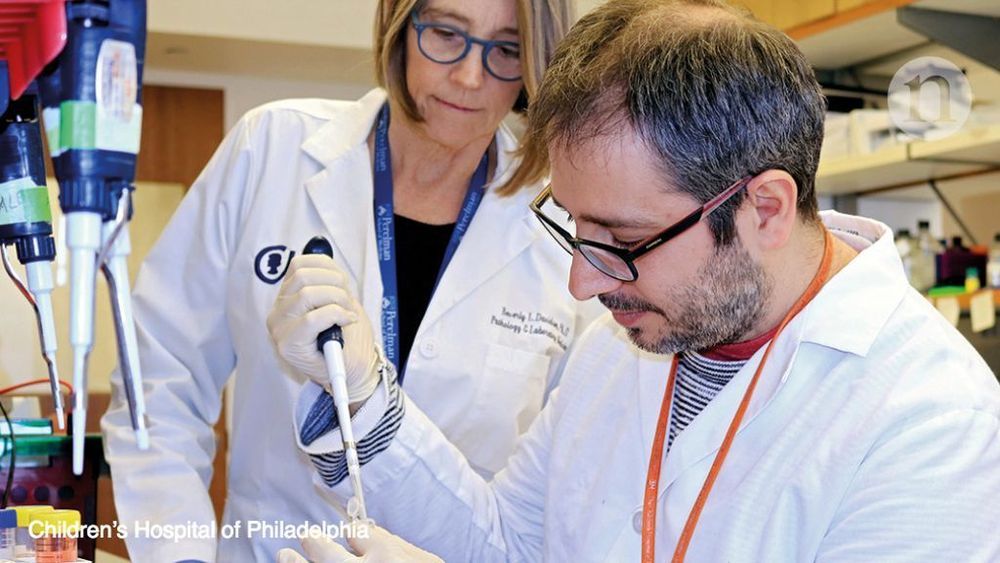
Chip Walter, “Immortality, Inc”
Chip Walter discusses his book, “Immortality, Inc”, at Politics and Prose.
Living forever has always been a dream, but with today’s science, technology, and visionary billionaires, it may be a distinct possibility. At the very least, as Walter reports in this compelling investigation, immortality researchers are changing the way we view aging and death. Looking at the science, business, and culture of this radical endeavor, Walter, a science journalist, author of Last Ape Standing, and former CNN bureau chief, lays out the latest research into stem cell rejuvenation, advanced genomics, and artificial intelligence; talks to key thinkers such as Ray Kurzweil and Aubrey de Grey; and takes us into the Silicon Valley labs of human genomics trailblazer Craig Venter and molecular biologist and Apple chairman Arthur Levinson. Walter is in conversation with Hilary Black, executive editor at National Geographic Books.
https://www.politics-prose.com/book/9781426219801
CHIP WALTER is a science journalist, filmmaker, and former CNN bureau chief whose books include Last Ape Standing and Thumbs, Toes, and Tears. His writing has appeared in The Economist, The Wall Street Journal, Scientific American, and National Geographic, to which he contributed the January 2015 cover story “The First Artists.” He has been interviewed on “All Things Considered” and Michio Kaku’s “Science Fantastic.”
Follow us on Twitter: https://twitter.com/PoliticsProse
Follow us on instagram: https://www.instagram.com/politicsprose
Like us on Facebook: https://www.facebook.com/politicsandprose/
Founded by Carla Cohen and Barbara Meade in 1984, Politics and Prose Bookstore is Washington, D.C.‘s premier independent bookstore and cultural hub, a gathering place for people interested in reading and discussing books. Politics and Prose offers superior service, unusual book choices, and a haven for book lovers in the store and online. Visit them on the web at http://www.politics-prose.com/